Extreme weather of 2019 - in pictures
Environmentalists say climate crisis is exacerbating natural disasters
A free daily email with the biggest news stories of the day – and the best features from TheWeek.com
You are now subscribed
Your newsletter sign-up was successful
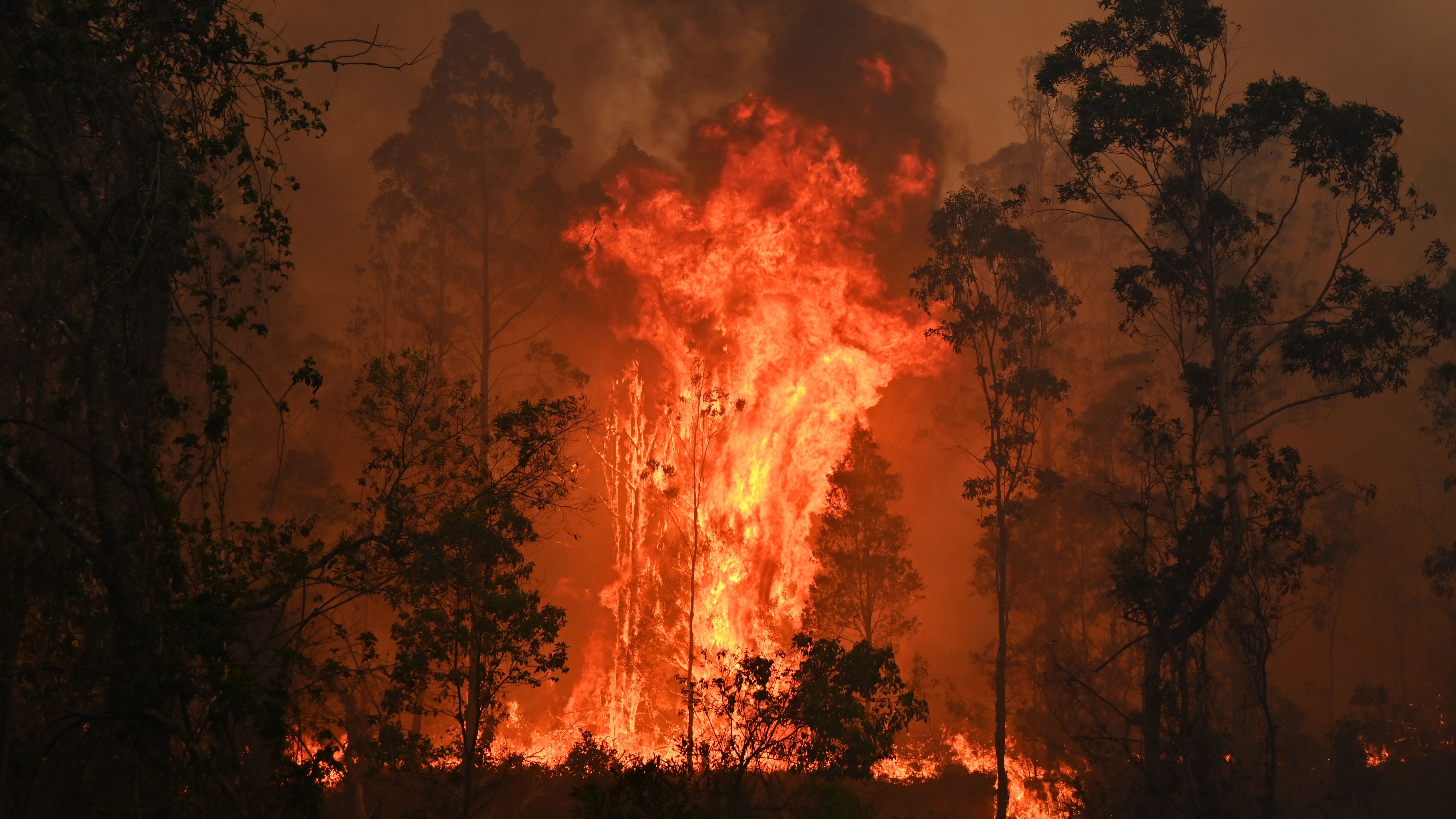
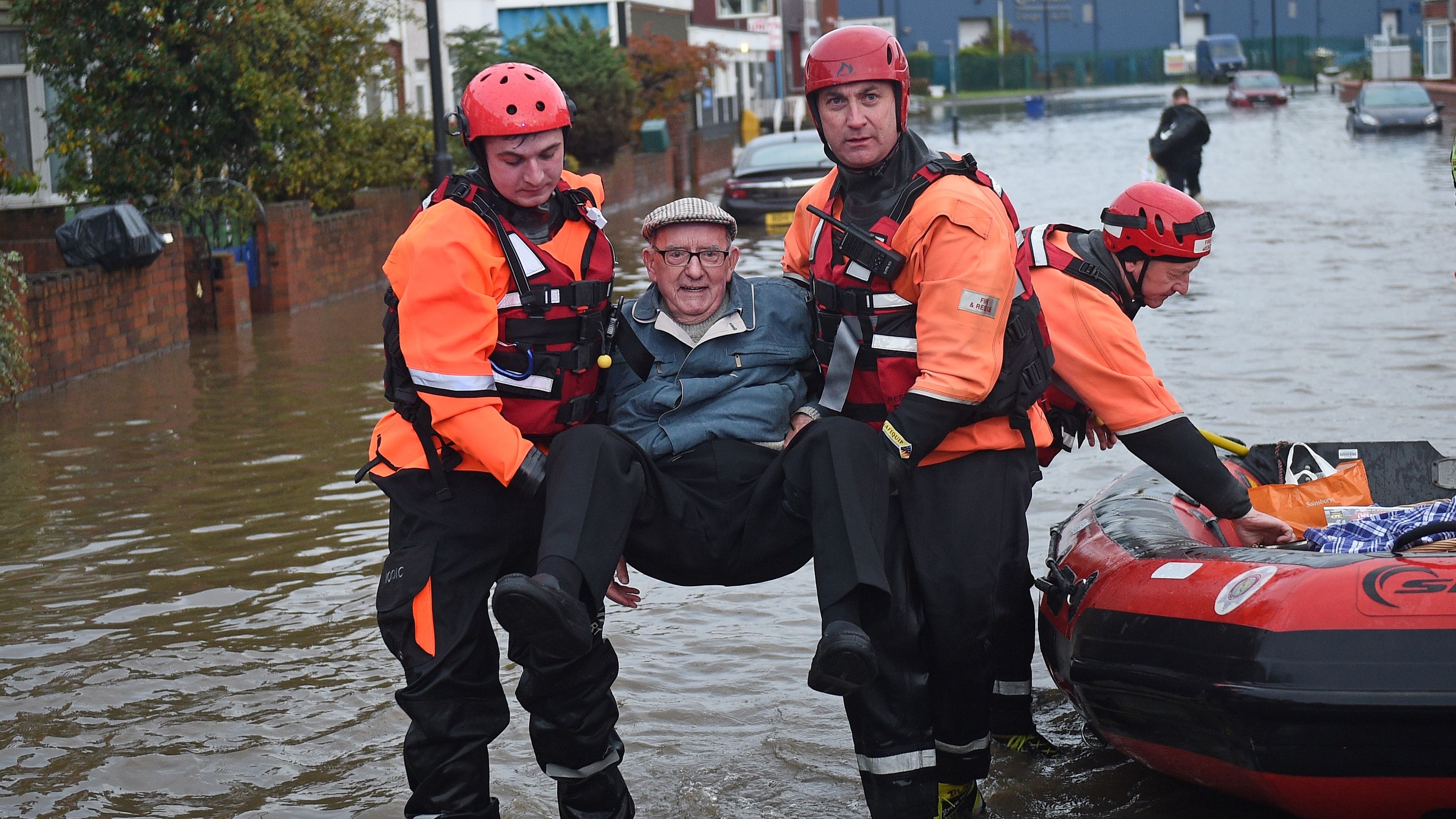
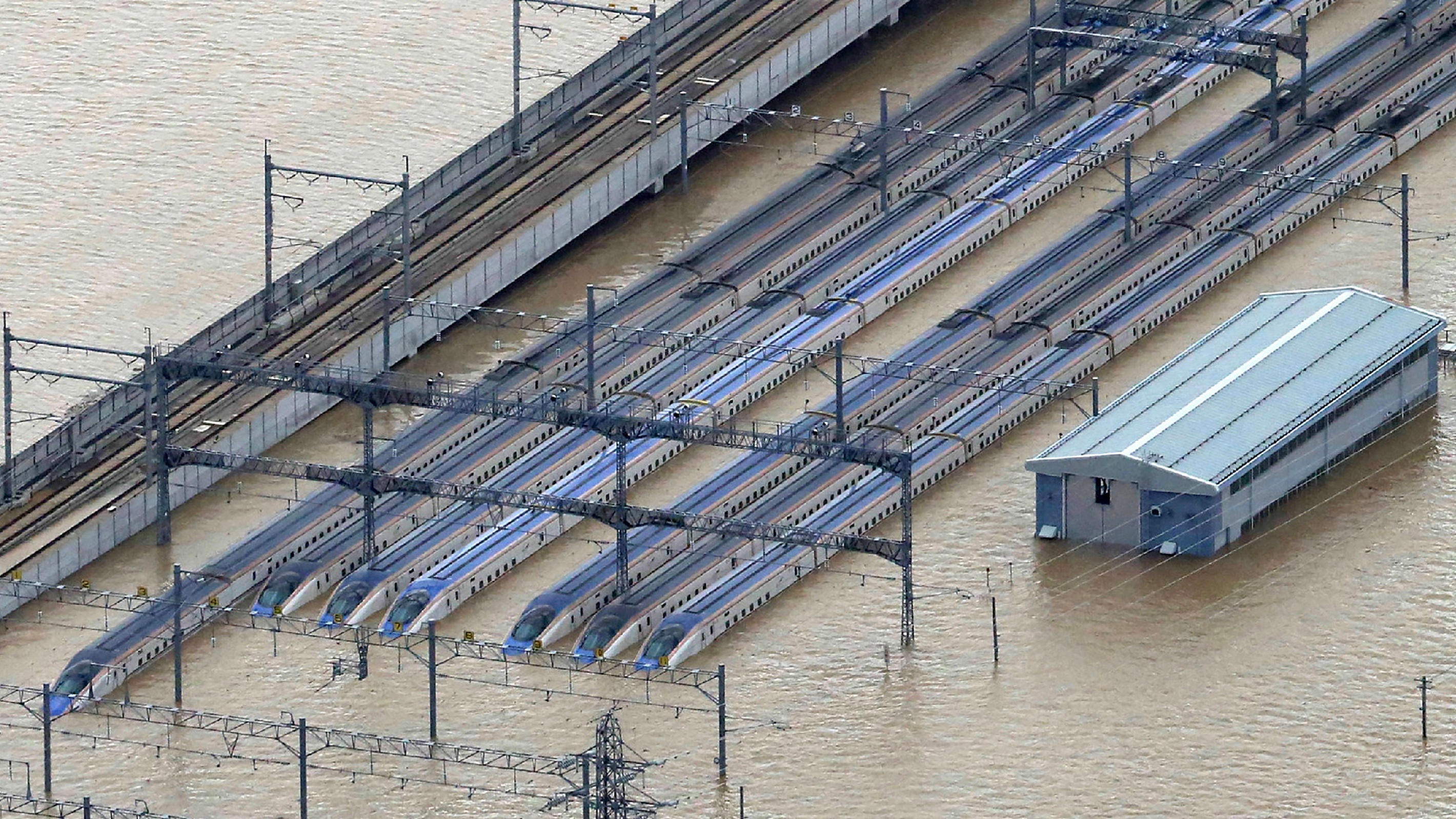
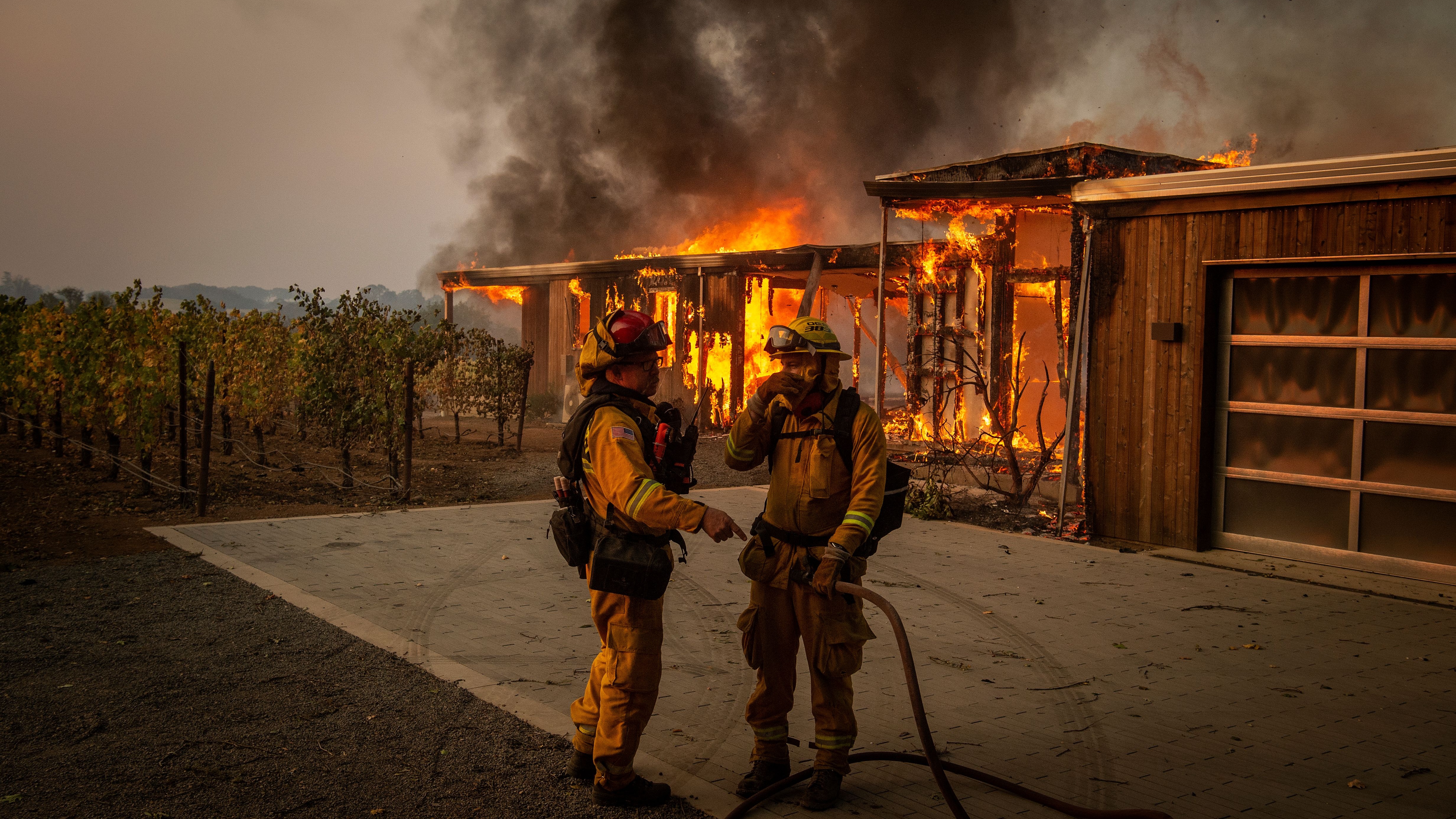
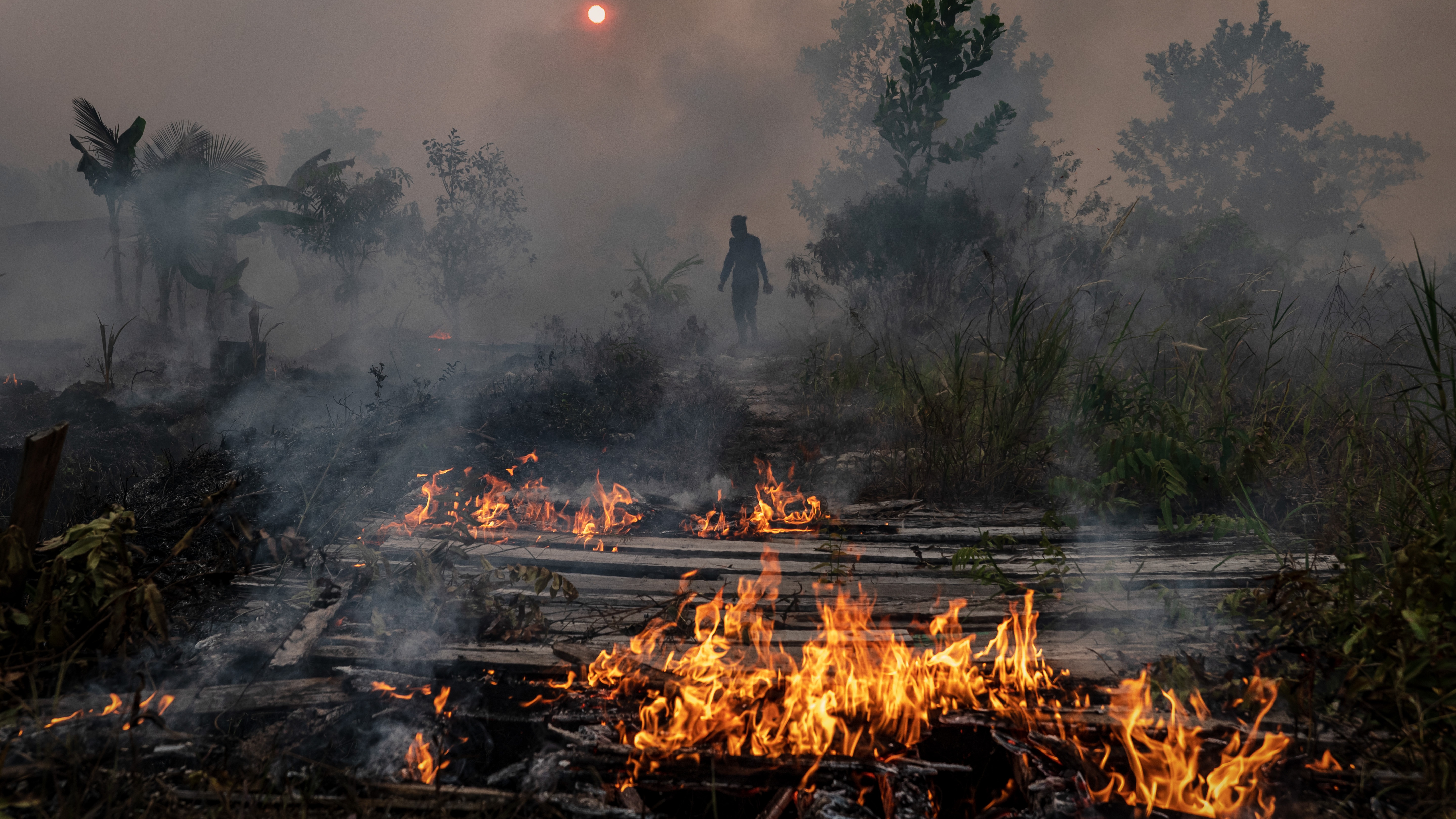
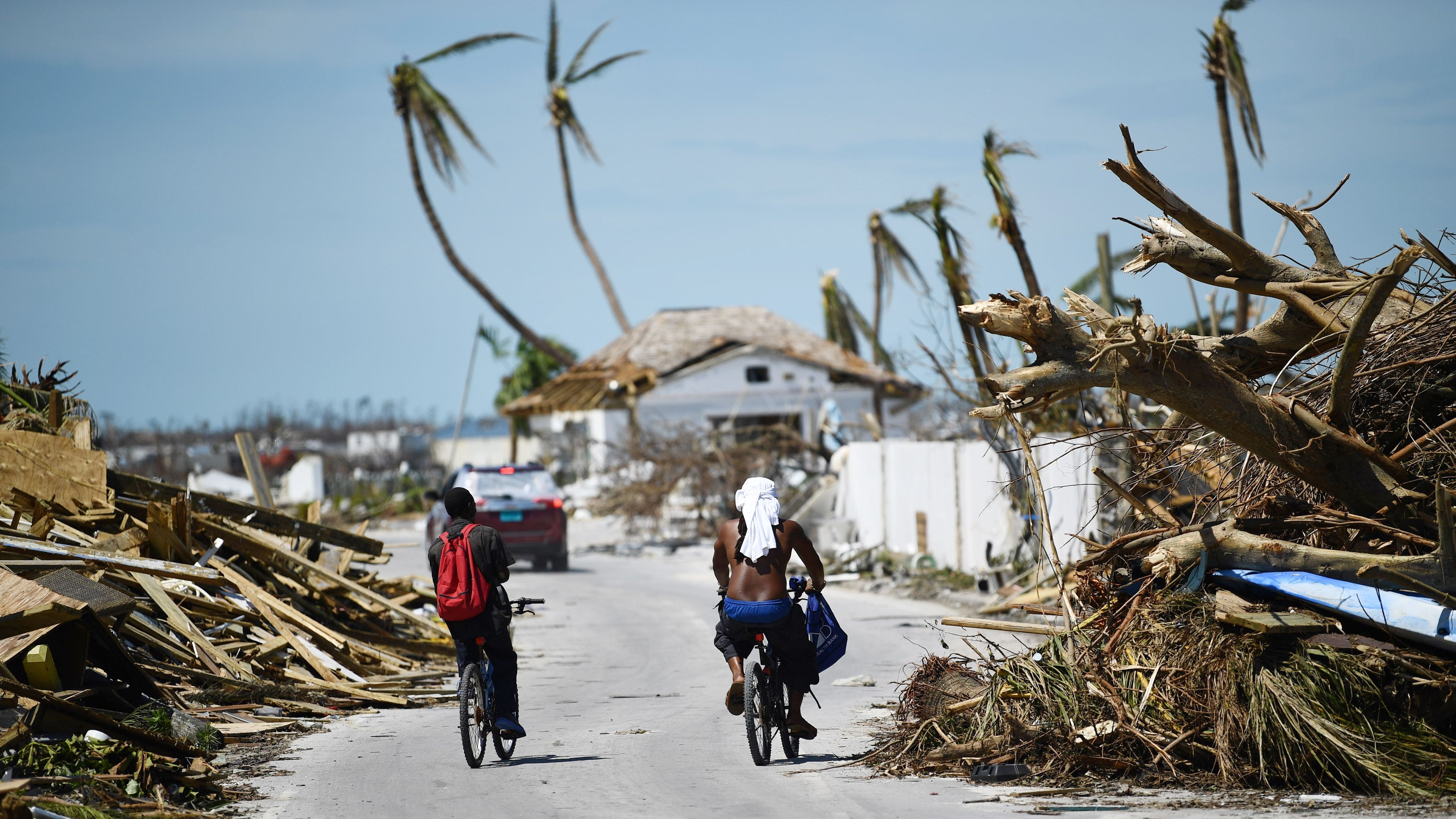
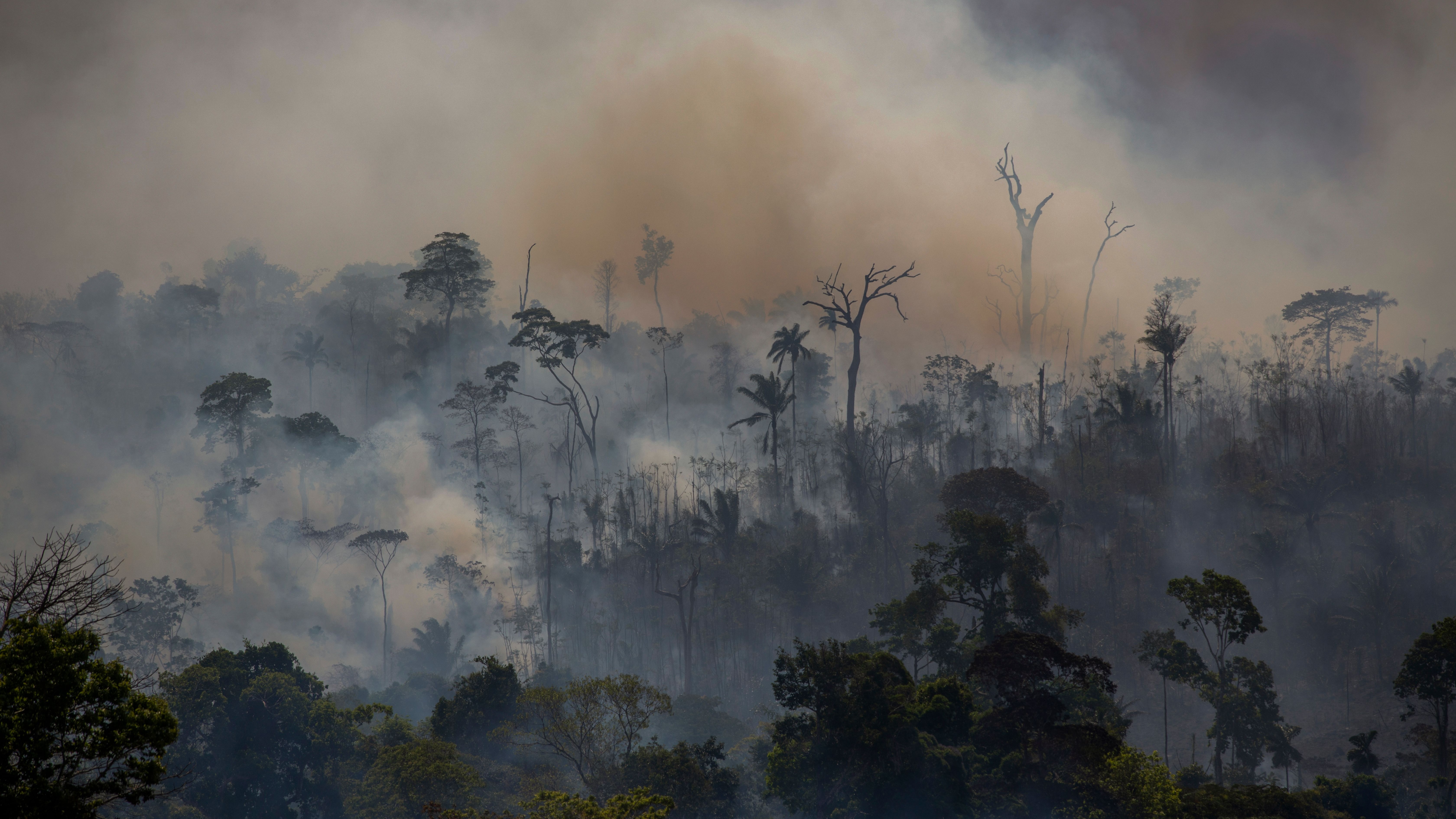
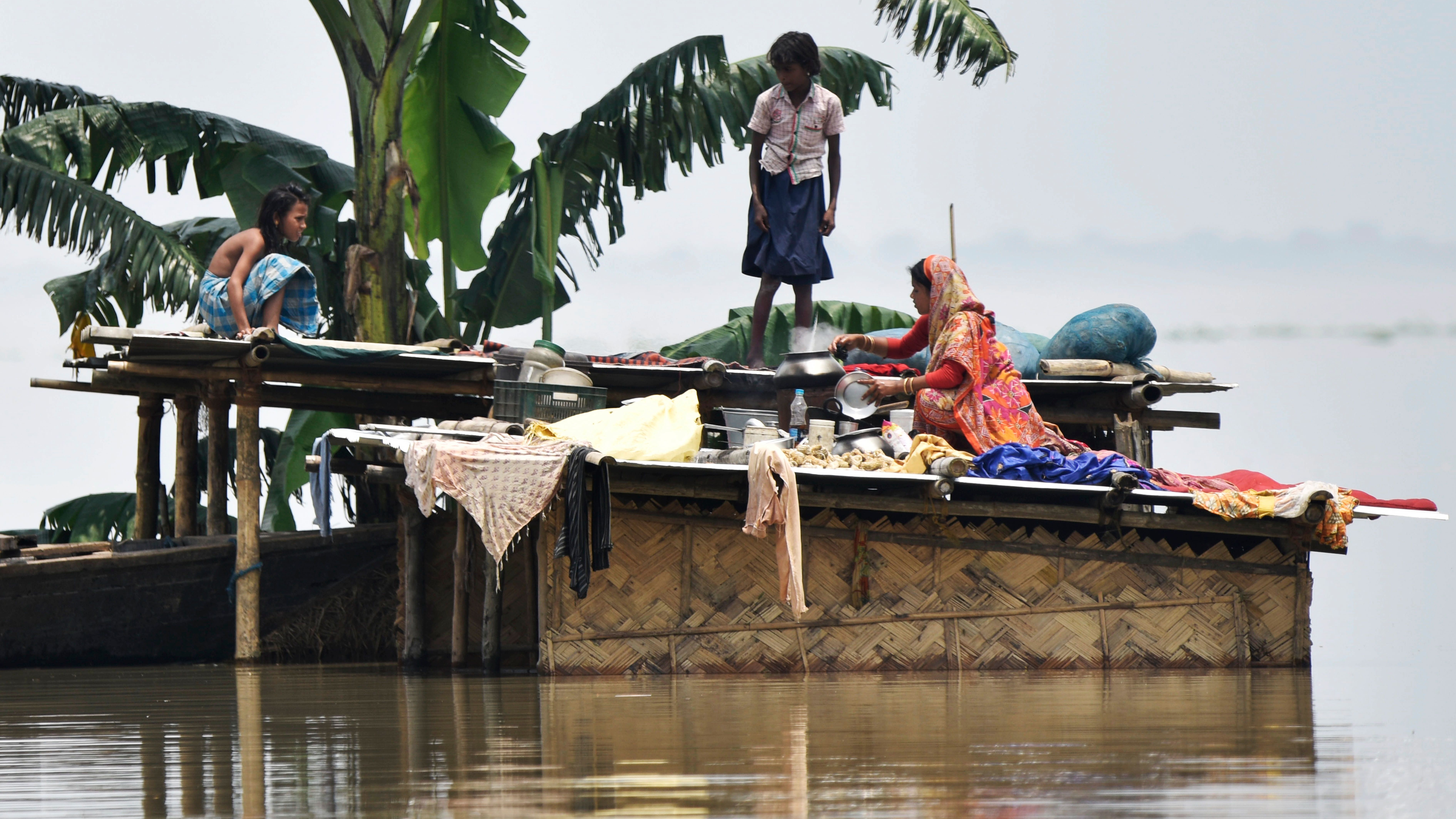
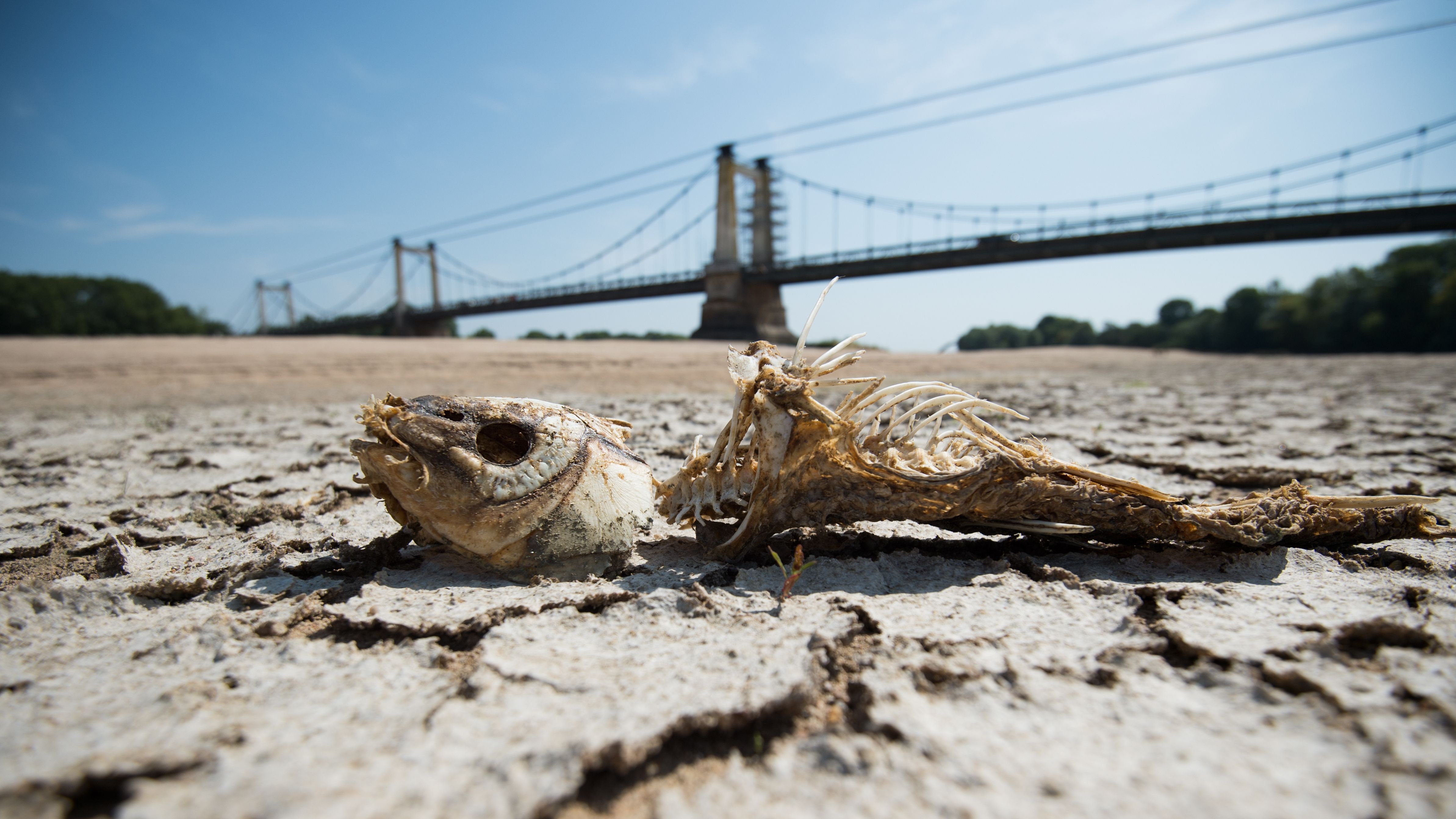
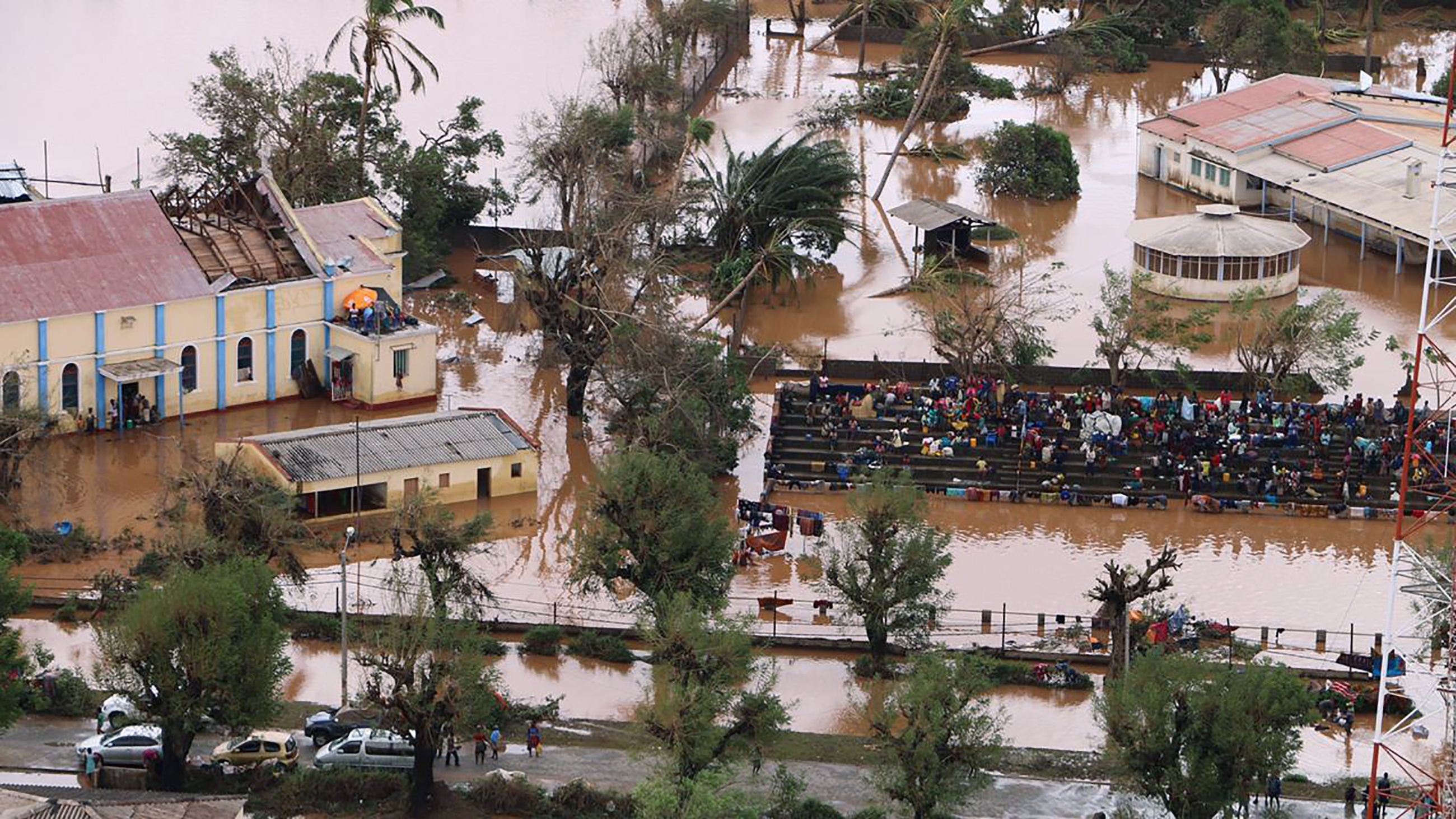
Two Australian states have declared a state of emergency as more than 120 bushfires rage across the east of the country.
Three people have been confirmed dead and thousands forced out of their homes because of the “catastrophic” threat to the highly populated areas, says the BBC.
But the worst danger is still to come, with officials warning that areas around Sydney will face potentially fatal bushfires on Tuesday.
The Week
Escape your echo chamber. Get the facts behind the news, plus analysis from multiple perspectives.

Sign up for The Week's Free Newsletters
From our morning news briefing to a weekly Good News Newsletter, get the best of The Week delivered directly to your inbox.
From our morning news briefing to a weekly Good News Newsletter, get the best of The Week delivered directly to your inbox.
The Australian conservative government has refused to acknowledge that climate change could have played a part in the spread of the blazes.
Australia’s deputy prime minister Michael McCormack said that residents “don’t need the ravings of some pure, enlightened and woke capital city greenies at this time, when they’re trying to save their homes”.
The fires are just the latest incident in a year of extreme weather that has seen a record seven million people worldwide displaced in the first six months alone, says The New York Times.
“In today’s changing climate, mass displacement triggered by extreme weather events is becoming the norm,” said the Geneva-based Internal Displacement Monitoring Centre, which compiles data from governments, United Nations humanitarian agencies and media reports.
A free daily email with the biggest news stories of the day – and the best features from TheWeek.com
The Californian 2019 wildfire season is still running, with more than 6,400 blazes recorded by officials. At least three people have been killed in the fires, and hundreds of thousands have been forced to flee their homes.
Meanwhile, the Bahamas is recovering from Hurricane Dorian, which in September became the most intense tropical cyclone on record to strike the country, claiming at least 60 lives and causing more than $7bn of damage.
In Europe, widespread heatwaves this summer saw temperature records set in Belgium, Germany, Luxembourg, the Netherlands, and the UK. The French health minister said that 1,500 more deaths than average had been recorded during the period of extreme heat, reports The Guardian.
And the UK has now been hit by heavy rain that has caused flooding in parts of Yorkshire and the Midlands. Former High Sheriff of Derbyshire Annie Hall died after being swept away by floodwater last week.
-
 The mystery of flight MH370
The mystery of flight MH370The Explainer In 2014, the passenger plane vanished without trace. Twelve years on, a new operation is under way to find the wreckage of the doomed airliner
-
 5 royally funny cartoons about the former prince Andrew’s arrest
5 royally funny cartoons about the former prince Andrew’s arrestCartoons Artists take on falling from grace, kingly manners, and more
-
 The identical twins derailing a French murder trial
The identical twins derailing a French murder trialUnder The Radar Police are unable to tell which suspect’s DNA is on the weapon
-
 Earth is rapidly approaching a ‘hothouse’ trajectory of warming
Earth is rapidly approaching a ‘hothouse’ trajectory of warmingThe explainer It may become impossible to fix
-
 The plan to wall off the ‘Doomsday’ glacier
The plan to wall off the ‘Doomsday’ glacierUnder the Radar Massive barrier could ‘slow the rate of ice loss’ from Thwaites Glacier, whose total collapse would have devastating consequences
-
 Can the UK take any more rain?
Can the UK take any more rain?Today’s Big Question An Atlantic jet stream is ‘stuck’ over British skies, leading to ‘biblical’ downpours and more than 40 consecutive days of rain in some areas
-
 As temperatures rise, US incomes fall
As temperatures rise, US incomes fallUnder the radar Elevated temperatures are capable of affecting the entire economy
-
 The world is entering an ‘era of water bankruptcy’
The world is entering an ‘era of water bankruptcy’The explainer Water might soon be more valuable than gold
-
 Climate change could lead to a reptile ‘sexpocalypse’
Climate change could lead to a reptile ‘sexpocalypse’Under the radar The gender gap has hit the animal kingdom
-
 The former largest iceberg is turning blue. It’s a bad sign.
The former largest iceberg is turning blue. It’s a bad sign.Under the radar It is quickly melting away
-
 How drones detected a deadly threat to Arctic whales
How drones detected a deadly threat to Arctic whalesUnder the radar Monitoring the sea in the air